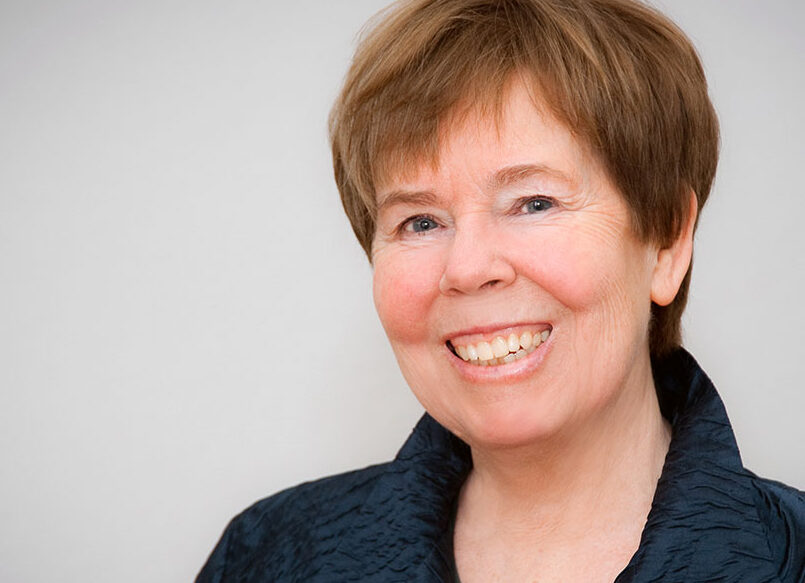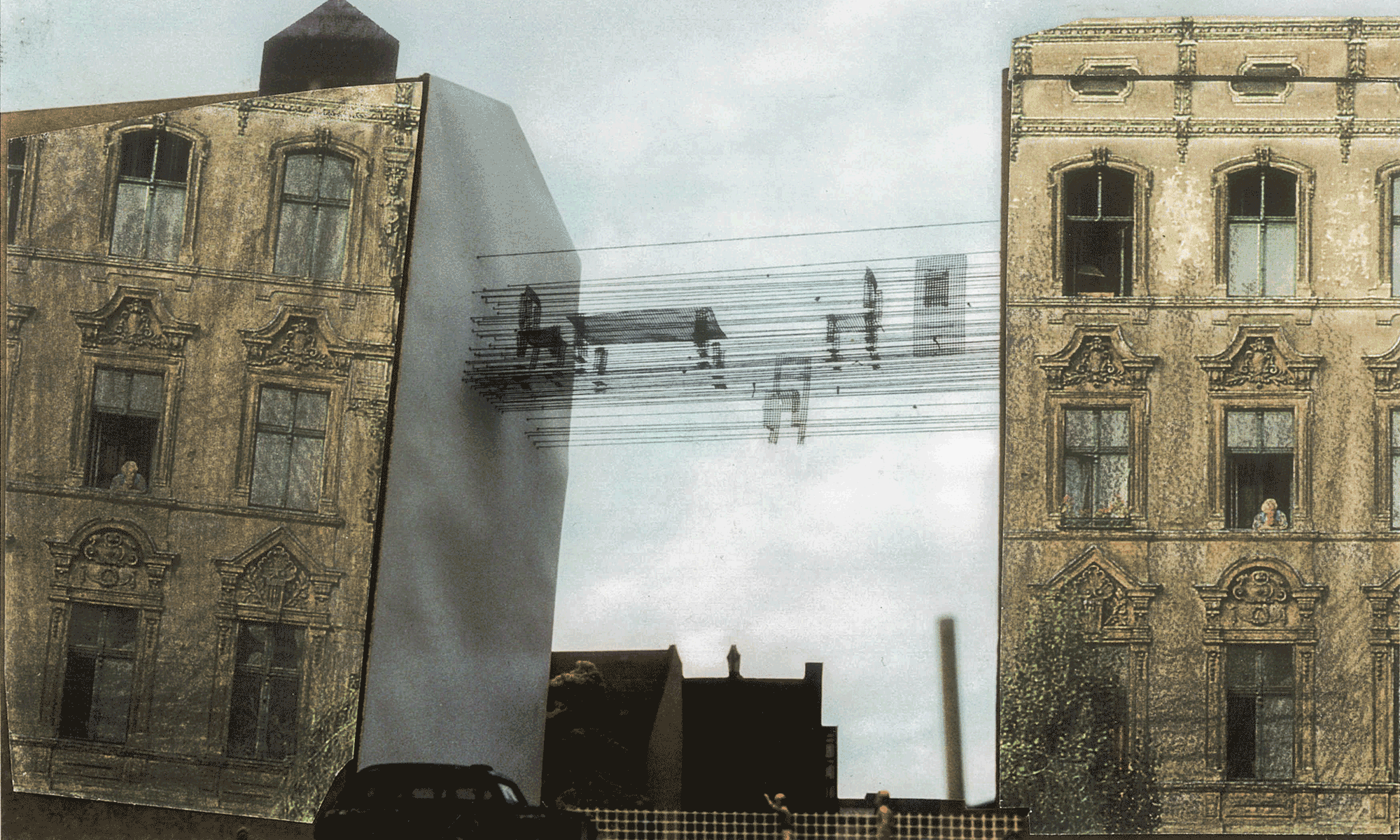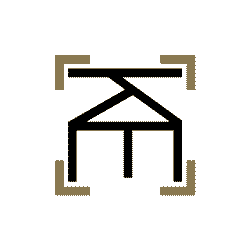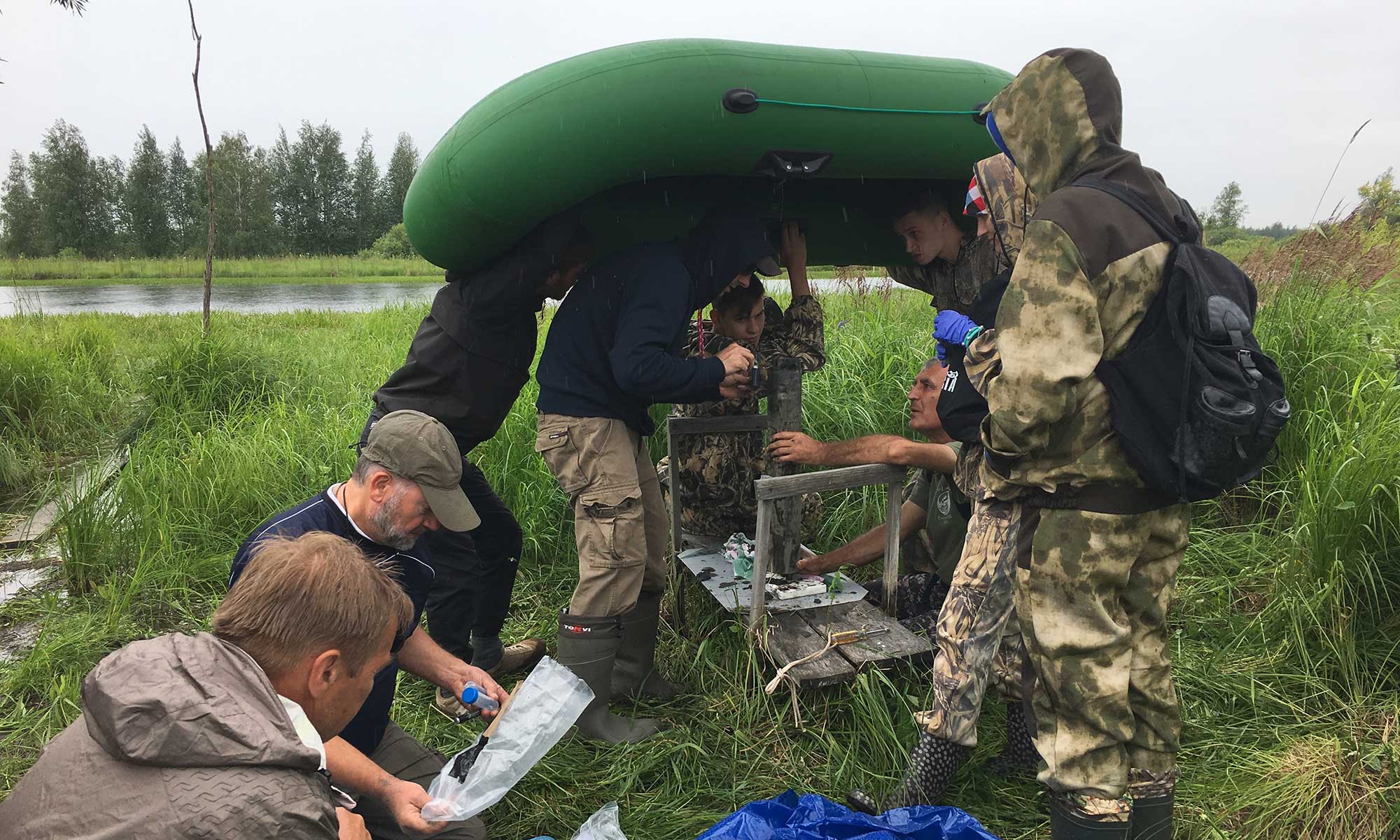Workshops | Coaching
Seeing something ‘as something’ and sometimes ‘as something else’ as well
Certain video scenes that were created during a study conducted in the 1990s with Klaus Amann in a molecular biology laboratory have since become key references in the development of camera ethnography. They embody an initial experience in ethnography: Not yet being able to see what experts in the research fields are (more or less) able to see and show.
I offer media ethnographic coaching, introductory workshops on camera ethnography, and research process guidance – in Berlin (Center for Camera Ethnography) or at the participants’ chosen location.
Request:
[email protected]
Components of a Camera Ethnography workshop
- Premise of the not (yet) visible
- Phases and situations of ethnographic research
- Media, their affordances and limits
- Practices, their choreographies and figures
- Situated methodology in practice
- Reflexive ethnography throughout the research process
- Interaction and intra-action
- Camera work and research relationships
- Filming as an attempt to locate epistemic things
- Cutting as experimentation with temporality
- Montage as experimental arranging
- “Übersichtliche Darstellung” (Wittgenstein) with a camera ethnographic twist
- Reception as research and the concept of the Blicklabor
- Cooperative research designs and publication strategies
German
- Prämisse des (noch) nicht Sichtbaren
- Phasen und Situationen ethnographischen Forschens
- Medien, ihre Affordanzen und Grenzen
- Praktiken, ihre Choreografien und Figuren
- Situierte Methodologie in der Praxis
- Reflexive Ethnographie als Forschungsprozessgestaltung
- Interaktion und Intra-aktion
- Filmen und Forschungsbeziehungen
- Filmen als Ortungsversuch epistemischer Dinge
- Zerlegen als Zeitversuch
- Montieren als Ordnung auf Probe
- „Übersichtliche Darstellung“ (Wittgenstein) kamera-ethnographisch gewendet
- Forschende Rezeption und das Konzept des Blicklabors
- Kooperative Forschungsdesigns und Publikationsstrategien
Constantly moving back and forth between images, sounds and words, encounters, experience and experimentation, resonance, difference and reflexivity while conducting research; immersing oneself in the field of the not yet, not at all, or no longer linguistic: this is the journey that camera ethnography invites you to embark upon.
Bina Elisabeth Mohn
Berlin, Dr. phil.

Ethnography is a wide-ranging, all-encompassing approach to research. For me, being an ethnographer is a fascinating way of being in the world and contributing to its diversity and its becoming in a perceptive, interactive, and performative way that involves encountering and learning from each other; creating and exchanging perspectives; experiencing and experimenting; listening, looking, feeling and reflecting; exploring differences, inventing connections, and creating something new; learning to see something ‘as something’ and sometimes ‘as something else’ as well; opening up spaces of possibility; being a changing part of changing worlds.
About Bina
As a cultural anthropologist I have spent many years exploring how an ethnographic approach to using the camera can contribute to the emergence of epistemic things. This gave rise to the methodology that I call camera ethnography, which I have developed both independently and within various research collectives since the 1990s.
After studying cultural anthropology, visual anthropology, and the sociology of scientific knowledge, I wrote my PhD: an examination of the varieties of doing documentation in light of the crisis of ethnographic representation. In a range of contexts including laboratory studies, object-oriented sociological projects, ethnographic classroom research, theatre and performance studies, ethnographic childhood research and studies on digital childhood, camera ethnography has been continuously tested and further developed.
From 2016 to 2023, I directed the camera ethnography team in the research project ‘Early Childhood and Smartphone’ within the Collaborative Research Center ‘Media of Cooperation’ (University of Siegen). Now, as a freelance camera ethnographer, author, consultant, and coach I offer my services to support research teams and projects, and I give introductory and advanced-level workshops on the methodology and practice of camera ethnography.


